The incident of animal feed oil being smuggled into the human feed oil supply chain in Vietnam is a serious warning bell about loopholes in food quality control, business ethics and market supervision.
Meanwhile, many countries have applied strict regulations on food oil standards for many years to ensure quality and protect consumer health.
Australia
In Australia, edible oil products for human consumption are regulated by Food Standards Australia New Zealand (FSANZ). Under current regulations, edible oil must meet purity standards, not contain excessive oxidizing compounds such as peroxide or free fatty acids, not contain toxic substances such as industrial solvent residues, and must have a clear origin, with traceability of the supply chain from the place of production to the consumer.
Recycled oil from restaurants, industrial kitchens, or oil of unknown origin are prohibited from being circulated in the food market. In addition, bottled vegetable oil products must clearly state the ingredients, storage conditions, expiration date, and manufacturer, and must be produced in licensed facilities, periodically inspected by local health and food authorities.
Australia's oil quality control system is not only based on technical standards but also linked to traceability and strict legal responsibility. Photo: ABC News.
Meanwhile, animal feed oils in Australia are regulated under the Animal Feed Act and are overseen by the Department of Agriculture , Fisheries and Forestry, along with the Australian Pesticides and Veterinary Medicines Authority (APVMA). Oils added to animal feed, such as animal fats, industrial waste oils, or refined waste oils, must be registered on the list of permitted additives. These oils must demonstrate that they do not pose a health risk to animals, do not leave harmful residues in animal products such as meat, eggs, milk, and do not affect the quality of the final food.
In particular, oils used in animal husbandry are clearly defined as “not for human consumption”, and their use in blending with cooking oil or food processing is considered a criminal offence. The Australian oil quality control system is not only based on technical standards but also on strict traceability and legal responsibility, ensuring that the boundary between technical oils and food oils is not violated under any circumstances.
Japan
In Japan, edible oils for human consumption are regulated by the Ministry of Health , Labor and Welfare, and are subject to the Food Sanitation Law and Japanese Agricultural Standards (JAS). All edible oils, from vegetable oils such as soybean oil and rapeseed oil to blended oils, must undergo a rigorous refining process to remove impurities, free fatty acids, heavy metals and harmful oxidizing compounds.
Peroxide levels in cooking oils must be within safe limits, and storage, packaging and labeling processes must also be transparent, ensuring traceability from raw materials to final products.
In Japan, the boundary between edible oils and livestock oils is strictly protected not only by law but also by high social awareness and effective cross-sectoral supervision mechanisms. Photo: Business Wire.
Cooking oil production facilities must be licensed, periodically inspected, and may be suspended if quality fraud or substandard raw materials are detected.
For oils used in animal feed, Japan has a separate management system under the supervision of the Ministry of Agriculture, Forestry and Fisheries and in compliance with the Feed Sanitation Law. Fats, oils or by-products used in animal feed production must be registered and proven to be safe for animals and will not adversely affect human health through the food chain. These oils typically include animal fats, processed residual oils and controlled industrial by-products, but must be clearly labeled as not for human consumption.
Intentionally using animal feed oil for food processing or entering the consumer supply chain in Japan is considered a violation of criminal law with severe penalties. In Japan, the boundary between food oils and animal feed oils is strictly protected not only by law but also by high social awareness and effective inter-agency supervision mechanisms, helping to maintain consumer confidence in the quality of domestic food.
China
In China, edible oils for human consumption must comply with the National Standard GB 2716-2018 on “Eating Oils and Fats”, issued by the State Administration for Market Regulation and the Standardization Administration of China. According to this standard, edible oils must be extracted from safe plant or animal raw materials and must not contain harmful substances such as aflatoxin, pesticide residues, heavy metals or mechanical impurities.
Chemical indicators such as peroxide value, free fatty acid and transparency are all subject to strict limits. In addition, edible oil production facilities must be licensed, periodically inspected and supervised by the General Department of Quality Supervision, Inspection and Quarantine.
China has gradually improved its food and livestock oil control system, combining legislation, traceability technology and increased inspection. Photo: The Globe and Mail.
Following the shocking "gutter oil" scandal in 2010, China also strengthened traceability measures and required clear labeling, and completely banned the use of recycled oil from restaurant waste in food production.
For oil used in animal husbandry, the management responsibility falls under the scope of the Ministry of Agriculture and Rural Affairs of China, through the Animal Feed Safety Law and related technical regulations. Oils added to animal feed such as recycled animal fat, technical waste oil or industrial oil by-products must be processed through a specialized process, have a testing certificate and clearly state that they are “not for human consumption”. These oils can only be used when they fully meet the safety requirements for animals and do not leave residues in meat, eggs or milk that may affect human health.
China clearly stipulates that introducing animal fat into the human food supply chain is a serious violation of the law, subject to criminal prosecution, factory closure, and severe administrative penalties.
From past scandals, China has gradually improved its food and livestock oil control system, combining laws, traceability technology and increased inspection to tighten loopholes in the production-consumption chain, protect people's health and stabilize the domestic market.
Source: https://khoahocdoisong.vn/cac-nuoc-quan-ly-chat-luong-dau-an-nghiem-ngat-the-nao-post1552154.html


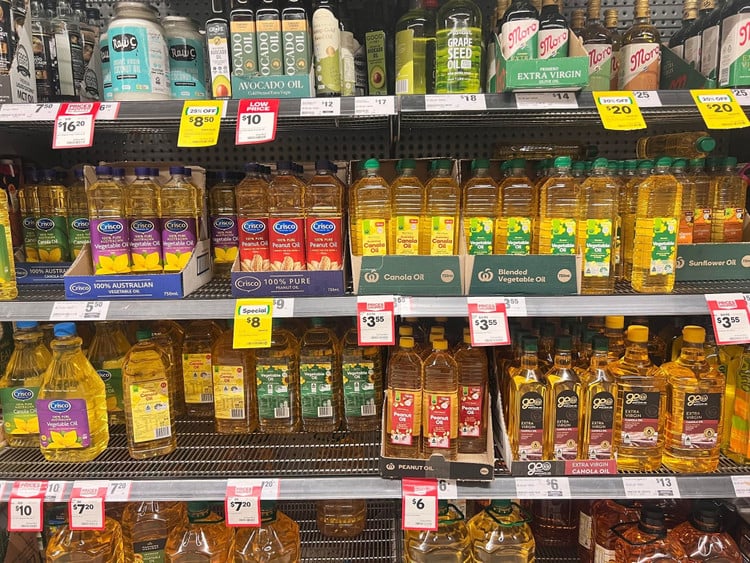
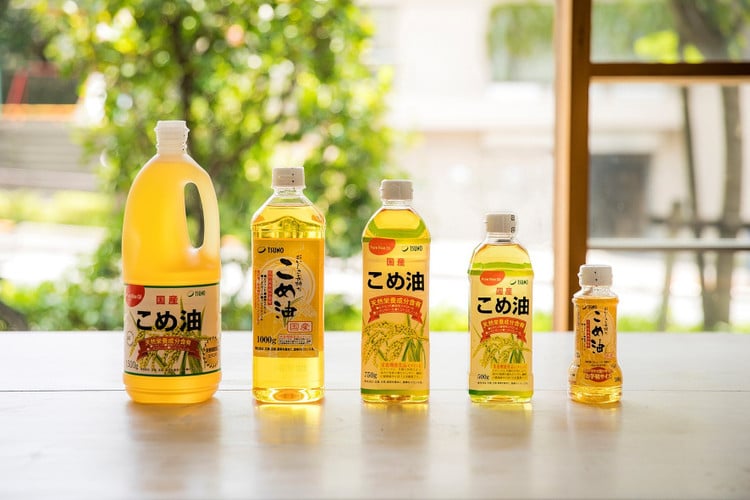
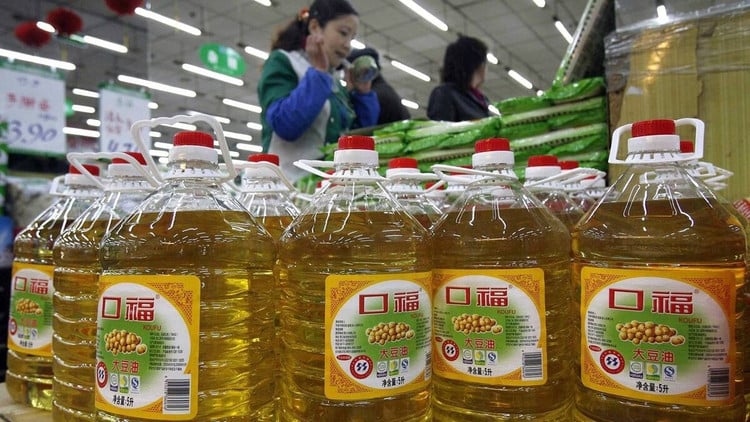














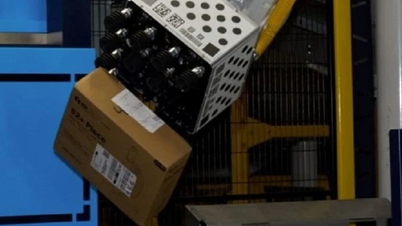





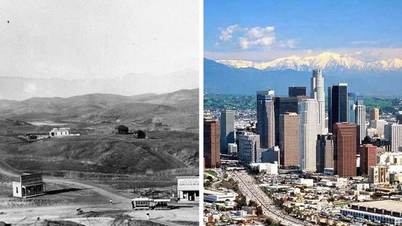










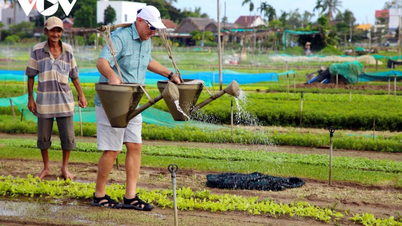






















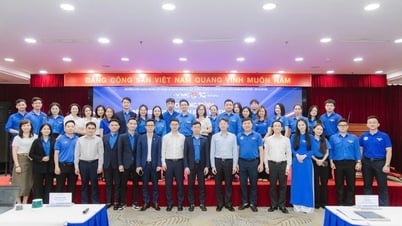



















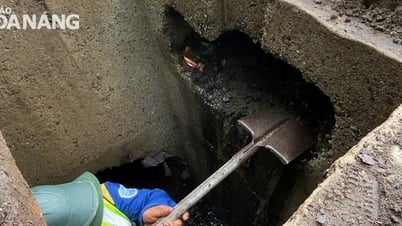


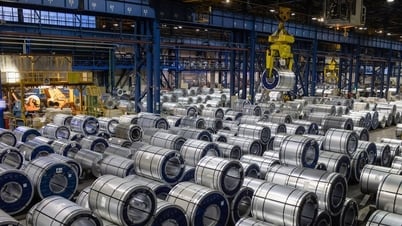



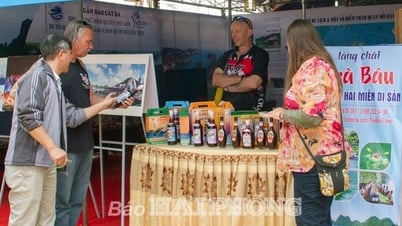

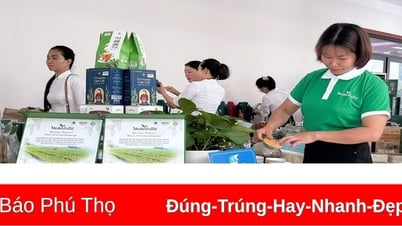

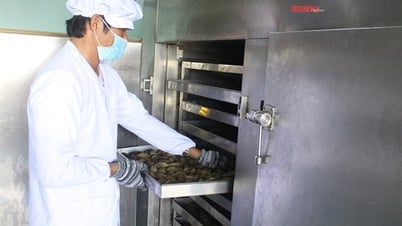

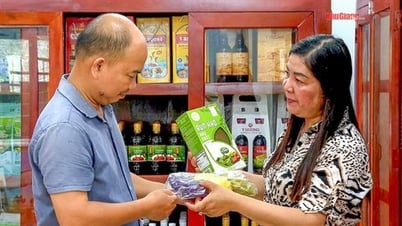
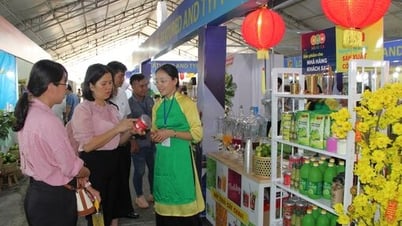

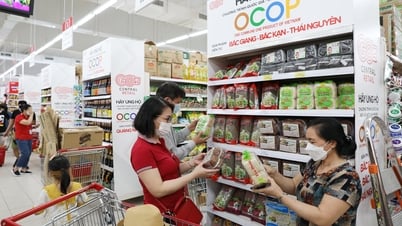






Comment (0)